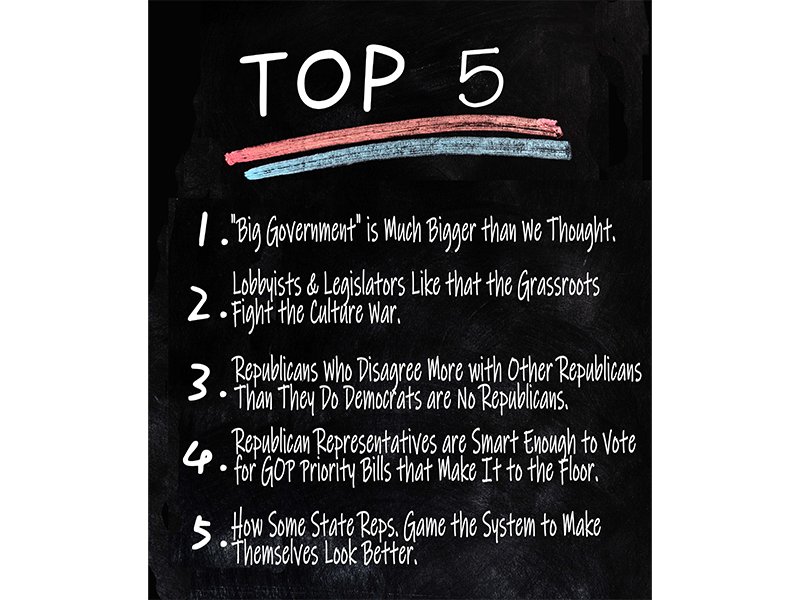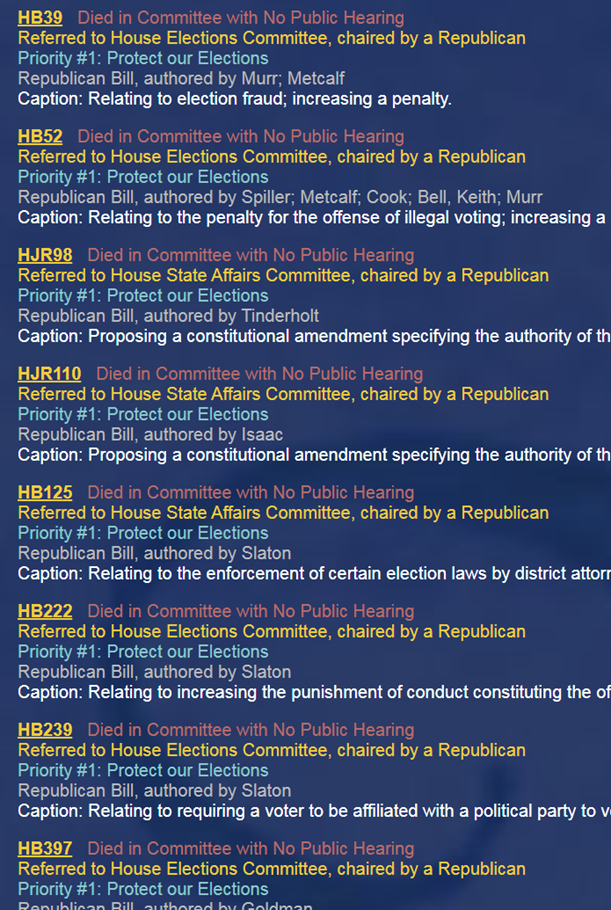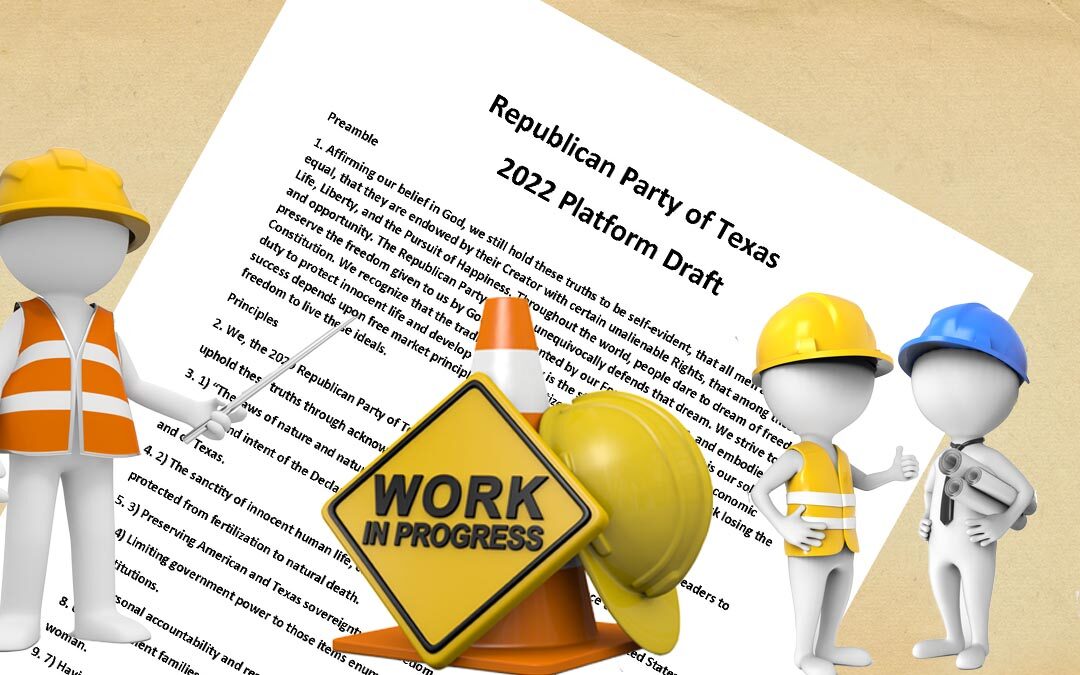
Beyond the Speaker’s Race
Folks ask what we think about the TX Speaker’s race. We’re focused on solutions, not on somebody’s laser pointer. We aren’t cats!
Open letter to Republican Texas State Representatives,
The people of Texas need you to step up with wisdom, courage, and purpose to solve long-running problems that remain unsolved after more than two decades of effort under Republican trifecta control of state government.
It will take maturity to put personal preferences and hurt feelings aside to reach unity on an issue-by-issue basis. We are all for “party unity,” but unity without principled accountability is like putting water in a bucket riddled with holes. For the good of Texas, we ask you to work together to plug those accountability holes.
Texans need you to enter the 89th Legislative Session prepared – ready to work with your constituents and the Republicans in the Senate to solve problems – not carry on a spitting contest with the Lt. Governor, but the reverse is also true! A new Speaker would certainly help mend fences.
FACT: The Texas House needs a new Speaker for reasons we have discussed ad nauseum.
STUBBORN FACT: The math regarding the partisan make-up of the Texas House makes electing a new Speaker particularly challenging. Democrat Representatives, plus a few tone-deaf, “soon to retire” Republican State Reps. can put Phelan back in the Speaker’s chair.
FACT: Trust in every facet of government is at an all-time low. That means you have a lot to prove.
FACT: More Republican priority bills were killed by Republican Committee Chairs than by Democrat Committee Chairs. (We have the receipts.) But, opposing Democrat Committee Chairs is EXPECTED of you!
Want to make an enormous difference that will make us all cheer you on? Figure out HOW you can move priority legislation if a Big Gov’t Republican Committee Chair tries to block bills in committee! Figure out HOW you can deliver results even if you don’t get the Speaker you want!
We urge all Republican State Representatives to unite around solutions that are in the best interest of the people of Texas. We DO NOT urge a rushed process, but a deliberative one, based on a principled strategy to bring measurable results for Texans.
So, when it’s time to show up to discuss how to reach a solution, if you don’t show up, please know folks will read that as “the status quo is fine with me” or may read your refusal to show up as a sign that you are not interested in discussing solutions, but instead prefer waiting to see which way the political winds are blowing. We do not recommend either look for you.
We urge you to first pray together and then talk to each other face-to-face, not through social media and not through political grifters who profit from keeping all the problems alive.
Plan to tackle the 13 ballot propositions Republican voters overwhelmingly supported on the March Primary ballot. Do so early in the session with strong, enforceable bills (not watered-down, last minute show bills). Tackle lasting property tax reduction with the goal of eliminating property taxes through reduction in spending – not new revenue streams from legalizing family-destroying gambling and marijuana. Plan to protect children and families from the ideological agenda of the rabid Left and from government overreach. Plan to protect Texas citizens from tyranny in all its evil forms. Plan for Liberty. Plan to win!
Godspeed. Let us know how we can best help you!




